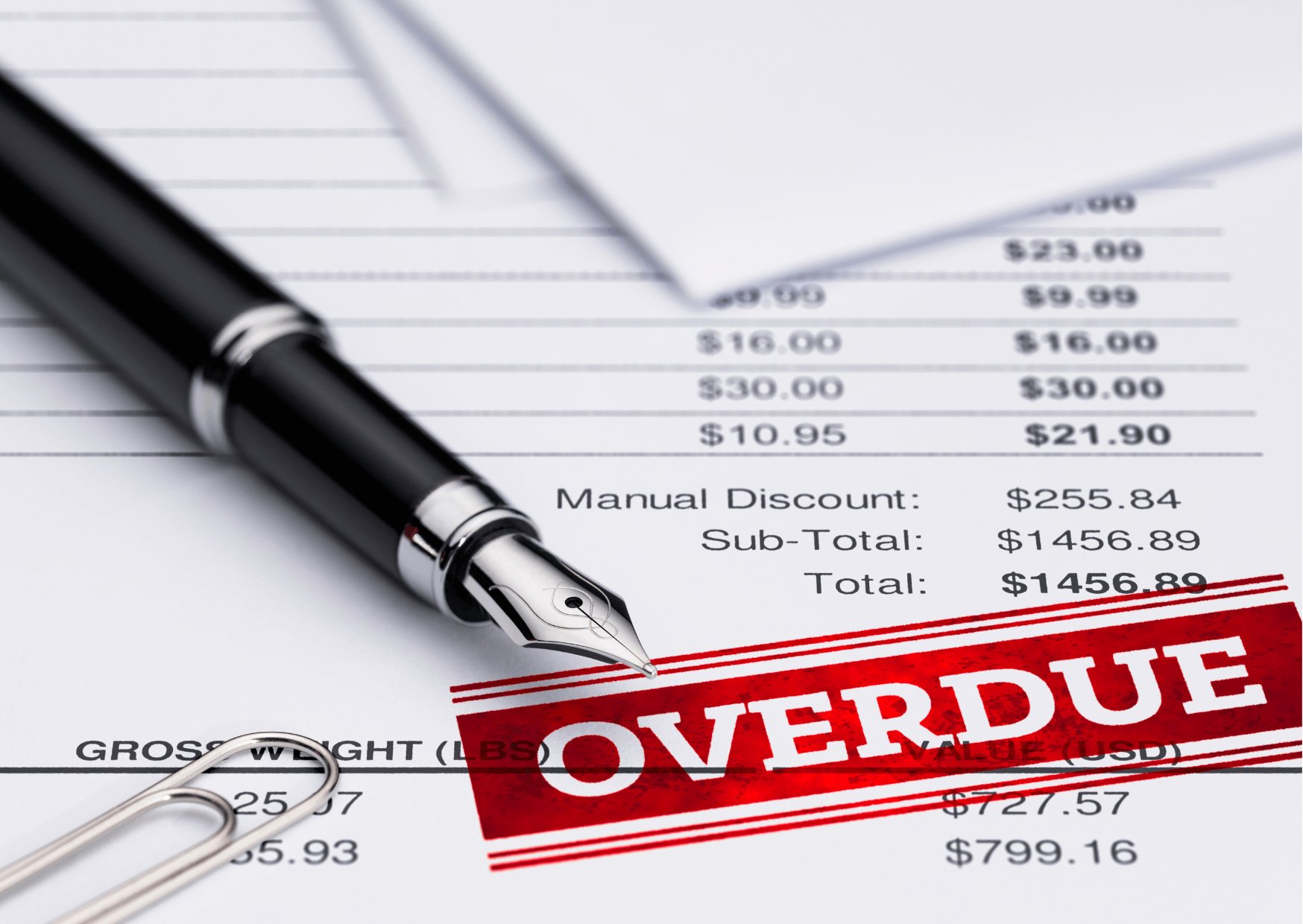As a business owner or freelancer, you may encounter clients who won’t pay for the services or products they have received. This can be frustrating and stressful, especially if you rely on that income to keep your business running. In this article, we will discuss some practical tips and strategies to handle clients who won’t pay, protect your business, and get paid what you’re owed.
- Prevention is better than cure
The best way to deal with clients who won’t pay is to prevent the problem from happening in the first place. This can be achieved by setting clear payment terms and expectations from the outset. Make sure your clients understand your payment terms, including the amount, due date, and payment method. Send invoices promptly and follow up with reminders as the due date approaches. Consider using online payment platforms to make it easier for clients to pay you, and ensure that your payment terms are included in your contracts.
- Communicate with your clients
If a client has not paid on time, the first step is to communicate with them. It’s possible that they simply forgot or have had a temporary cash-flow problem. A friendly reminder can be enough to prompt them to pay. If you have sent reminders and still haven’t received payment, it’s important to pick up the phone or send an email to discuss the matter. Keep the conversation professional and polite, but firm. Explain that you need the payment to continue doing business, and ask if there are any issues that are preventing them from paying.
- Consider a payment plan
In some cases, a client may not be able to pay the full amount owed in one go. If you’re dealing with a good client who has had a temporary cash-flow problem, it may be worth considering a payment plan. This is a written agreement that outlines the terms of the payment plan, including the amount and frequency of payments. Be clear about the consequences of missing a payment, such as interest or late fees. It’s important to get the payment plan in writing and signed by both parties.
- Take legal action
If all else fails, you may need to take legal action to recover the money owed to you. This can be a daunting prospect, but it’s important to protect your business and get paid what you’re owed. Before taking legal action, consider the cost of legal fees and the likelihood of success. If you decide to go ahead, it’s important to seek legal advice from a qualified professional.
- Use a debt collection agency
If you don’t want to take legal action, you may want to consider using a debt collection agency. These agencies are experts in recovering debts and can help you get the money owed to you. Debt collection agencies charge a fee for their services, which is usually a percentage of the amount owed. However, using an agency can be a cost-effective way to recover debts, especially if you have several outstanding debts to collect.
- Protect yourself in the future
To avoid encountering non-paying clients in the future, it’s important to take steps to protect yourself. Consider using a written contract for all projects, which outlines your payment terms and expectations. Include a clause that specifies the consequences of non-payment, such as interest or late fees. Consider requesting a deposit or partial payment upfront to protect yourself against non-payment. Finally, consider doing a background check on new clients to ensure they have a good track record of paying on time.
Conclusion:
Dealing with clients who won’t pay can be a stressful experience, but it’s important to protect your business and get paid what you’re owed. The key to success is to prevent the problem from happening in the first place by setting clear payment terms and expectations.


